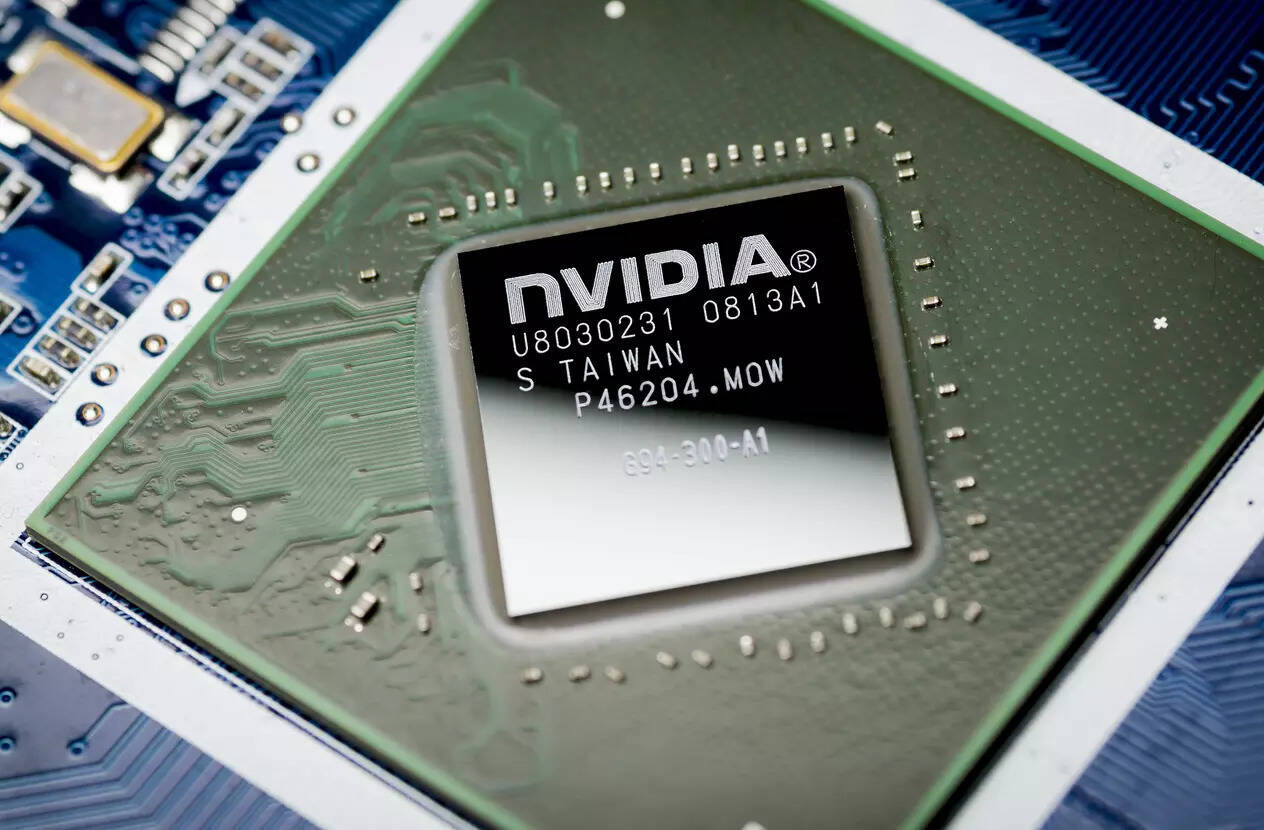Nvidia CEO Jensen Huang announced that the Trump administration has approved the sale of its advanced H20 AI chips to Chinese buyers, reversing previous restrictions. This decision follows lobbying efforts by Huang and other tech executives, who argued that export controls would harm America’s competitiveness and market share in China.
Nvidia Navigates the AI Chip Landscape: China’s Market Access
The world of AI chips is a high-stakes game of technological prowess, geopolitical maneuvering, and relentless innovation. Nvidia, a name synonymous with cutting-edge graphics processing units (GPUs) and AI accelerators, finds itself right in the thick of it. Recent developments signal a potential shift in Nvidia’s strategy regarding the Chinese market, a crucial arena for growth and influence.
For a while, the landscape has been fraught with challenges. Restrictions imposed by the US government on exporting advanced AI chips to China cast a long shadow, forcing Nvidia to adapt its product line to comply with the regulations. This led to the development of specialized chips designed to meet the performance thresholds set by the US Commerce Department. Now, whispers from Nvidia suggest a possible green light for sales of these adapted chips, opening a pathway back into the lucrative Chinese market.
A Delicate Balancing Act: China AI Chip Sales
The situation is nuanced. It’s not a complete lifting of restrictions, but rather a carefully calibrated approach. Nvidia, like other chipmakers, has been navigating a complex web of export controls designed to prevent advanced technology from falling into the wrong hands. This has required a delicate balancing act: innovating to stay ahead of the curve while adhering to the rules of the game.
Jensen Huang, Nvidia’s CEO, has been vocal about the company’s commitment to serving the Chinese market within the bounds of the regulations. He highlighted the company’s ongoing efforts to work with the US government and develop products that meet the specified criteria. The hope is that these adapted chips will provide a viable solution, allowing Chinese companies to continue their AI development without violating export controls.
The Significance of the China Market
Why all the fuss about China? Simply put, it’s a massive market with an insatiable appetite for AI technology. From autonomous vehicles and facial recognition to advanced manufacturing and scientific research, China’s embrace of AI is driving significant demand for high-performance computing solutions.
Nvidia’s GPUs are the engine driving much of this innovation. They are used extensively in data centers, research institutions, and a wide range of industries. Losing access to the Chinese market would be a significant blow, potentially impacting Nvidia’s revenue and market share. And the Chinese market’s dynamism is not easily ignored. The speed and scope of AI adoption necessitate Nvidia’s strategic focus.
The potential resumption of sales of compliant chips is therefore not just a win for Nvidia, but also a positive signal for the broader AI ecosystem. It suggests that a pathway exists for companies to operate within the regulatory framework while still participating in the growth of the Chinese market.
Anticipated Impacts and Future Considerations
What does this mean for the future? Several possible scenarios could play out. First, the success of these compliant chips will depend on their performance and competitiveness. If they can meet the needs of Chinese customers without triggering further regulatory concerns, Nvidia could regain a significant foothold in the market. Second, the US government’s policies could evolve, potentially leading to further adjustments in export controls. The technological landscape is continuously shifting, and regulations will likely need to adapt accordingly.

Looking ahead, the future of AI chip sales to China will likely be determined by the interplay of technological innovation, geopolitical considerations, and regulatory oversight. Nvidia’s ability to navigate this complex landscape will be crucial to its long-term success. In fact, as explored in our article on data center optimization, efficiently utilizing powerful AI chips is crucial for future growth.
Ultimately, the AI industry thrives on collaboration and open access to technology. Finding a balance between national security concerns and the need to foster innovation is essential for unlocking the full potential of AI and ensuring its benefits are shared globally. Only time will tell if Nvidia can navigate these choppy waters to reclaim and maintain its place in the Chinese market.







